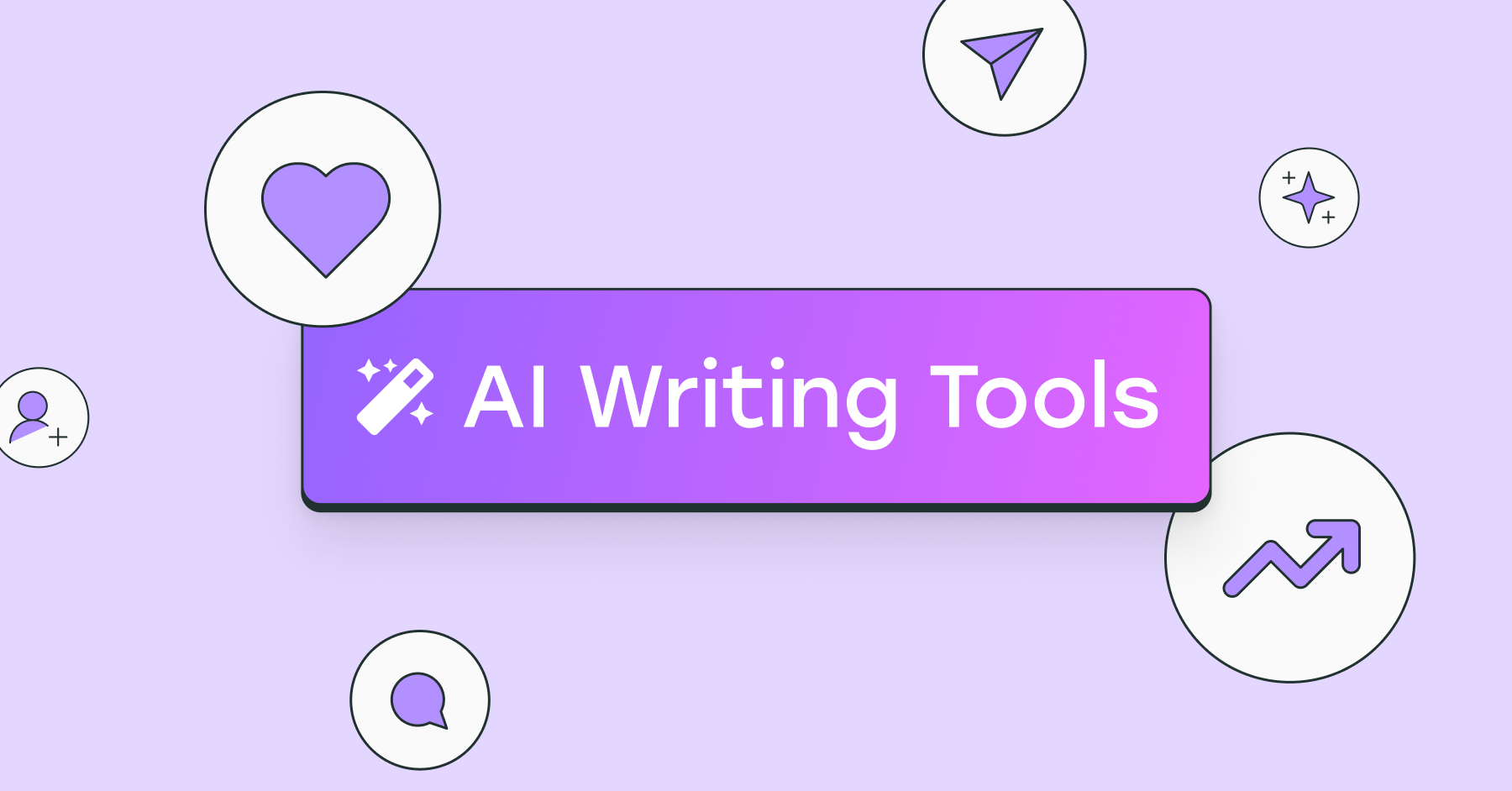The digital marketing landscape has evolved significantly over the past few years, with artificial intelligence (AI) emerging as a game-changer. Among the most impactful innovations are AI writing tools, which are reshaping how marketers create content, engage audiences, and scale their strategies ai writing tools . These tools use machine learning and natural language processing to generate high-quality content with speed and precision, offering businesses a powerful competitive edge.
In this article, we’ll explore how AI writing tools are revolutionizing digital marketing, the benefits they bring, and how businesses can leverage them to maximize ROI.
What Are AI Writing Tools?
AI writing tools are software applications that use artificial intelligence to assist with or fully automate the content creation process. From writing blog posts and product descriptions to crafting email campaigns and social media updates, these tools can perform a wide range of writing tasks. Popular AI writing tools in 2025 include ChatGPT, Jasper AI, Copy.ai, Writesonic, and others.
These platforms typically analyze massive datasets, learn grammar and tone, and can adapt to various writing styles. They are not only used for content generation but also for improving readability, checking grammar, and optimizing text for SEO.
Why AI Writing Tools Matter for Digital Marketers
1. Content Creation at Scale
In digital marketing, content is king — but creating it consistently can be time-consuming and expensive. AI writing tools allow marketers to generate blog articles, ad copy, social posts, and more in minutes. This scalability is invaluable for campaigns that require high volumes of content, especially for e-commerce, affiliate marketing, and SEO agencies.
2. Improved SEO Optimization
Most AI writing tools come equipped with built-in SEO features or integrate with SEO platforms like Surfer SEO or SEMrush. They can help identify keywords, create optimized meta descriptions, and structure content to meet Google’s ranking requirements. This makes it easier for marketers to produce SEO-friendly content that drives organic traffic.
3. Personalization and Audience Targeting
AI writing tools can analyze user data and customer behavior to generate personalized messages. For example, email subject lines and content can be dynamically tailored based on user demographics or purchase history, improving click-through rates and engagement.
4. Enhanced Creativity and Idea Generation
When marketers hit a creative wall, AI tools can act as brainstorming assistants. They can suggest blog topics, generate outlines, or even complete drafts based on a few input prompts. This accelerates the content ideation process and boosts creativity.
How to Use AI Writing Tools in Your Marketing Strategy
1. Blogging and Long-Form Content
AI tools can generate full-length blog posts or assist in writing introductions, conclusions, and headings. Marketers can input keywords or topics, and the AI provides content tailored for SEO and readability. Human editing is still crucial, but AI significantly cuts down the writing time.
2. Email Marketing
Creating personalized email content for segmented lists becomes easier with AI. Marketers can automate welcome emails, promotional messages, and drip campaigns while maintaining a human-like tone that resonates with the audience.
3. Social Media Content
AI writing tools are ideal for creating engaging captions, tweets, and LinkedIn posts. They can generate multiple variations, allowing marketers to A/B test and find what works best for each platform.
4. Paid Advertising Copy
Whether it’s Google Ads, Facebook Ads, or Instagram promotions, AI can write compelling ad copy designed to convert. It can also adjust wording to comply with platform policies and maximize click-through rates.
Best Practices When Using AI Writing Tools
-
Always Edit and Review: AI tools are powerful, but not perfect. Human oversight ensures tone, accuracy, and brand consistency.
-
Provide Clear Prompts: The quality of output depends on the quality of input. Be specific with keywords, tone, and audience.
-
Avoid Plagiarism: Use AI content detectors or originality checkers to ensure the generated content is unique.
-
Maintain Brand Voice: Train your AI tool or customize outputs to reflect your brand’s personality and values.
-
Combine with Human Creativity: Use AI as an assistant, not a replacement. The best content blends human insight with AI efficiency.
The Future of AI in Digital Marketing
AI writing tools are continuously evolving. With the integration of GPT-4.5 and other advanced language models, future tools will become even more intuitive, capable of understanding nuance, tone, and emotion better than ever before.
We can also expect tighter integration with analytics platforms, allowing AI to generate content based on real-time performance metrics. This means marketers will be able to produce content that not only ranks well but also aligns with user intent and engagement patterns.
Conclusion: Embracing the AI-Powered Future
AI writing tools are no longer just optional — they are becoming essential for modern digital marketing. They help businesses stay competitive by producing quality content faster, optimizing for search engines, and personalizing communication at scale. While they don’t replace human creativity and strategic thinking, they significantly enhance productivity and effectiveness.
As digital marketing continues to grow more data-driven and dynamic, adopting AI writing tools will be key to staying ahead of the curve. Now is the time for marketers to embrace these tools, experiment, and integrate them into their workflows to unlock their full potential.








